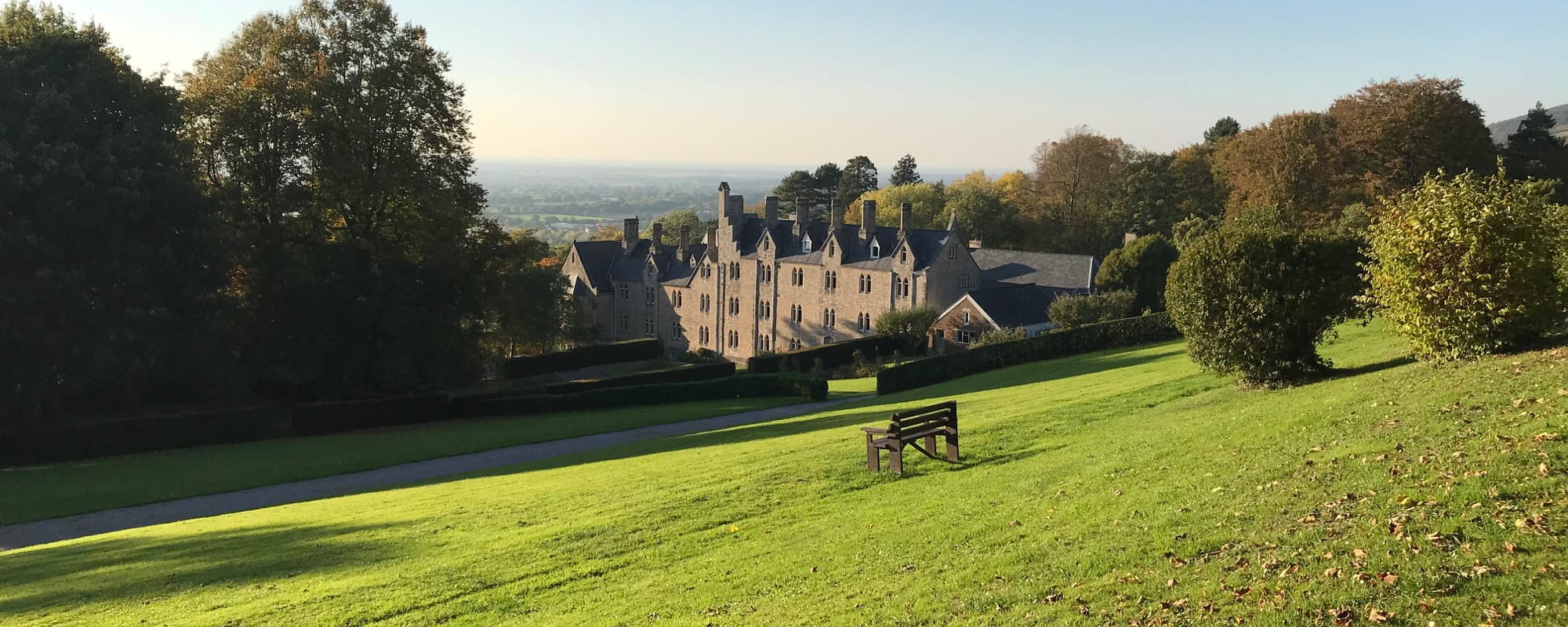

Anyone can call themselves a Spiritual Director without training. This may be legal, but is it ethical? With good intentions, an untrained person may give you their advice, try to fix you, or correct your beliefs to put you on the 'right path'. This should not happen in Spiritual Direction.
If you’re considering engaging the services of a Spiritual Director, be sure to ask them what training they received to avoid this behaviour.
Most training programs teach the evocative or non-directive method of Spiritual Direction. This method puts all the power in the hands of the directee (client). It's about the path the directee wishes to take, not the preferred path of the director.
All good training establishments use an interview and discernment process to ensure the candidate is suitable for Spiritual Direction.
Most training courses run part-time. This allows people to continue working and fulfil their other commitments. They typically run four or five sessions a year covering a one or two-day period. Some courses run for one year, others for three. But the most popular length seems to be two years.
As you can see, there is quite some variation in the amount of training these courses offer, but the average is around 20 days.
I trained in Spiritual Direction and Retreat Giving at St Beuno's (where I also directed Individually Guided Retreats).
My training consisted of two full-time residential courses completed in one year. The first was 10 days long, the second 68 days (with 10 days off dispersed throughout the course), giving 68 days full-time residential training.